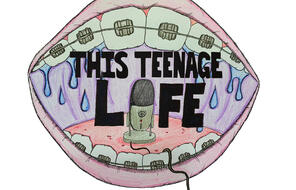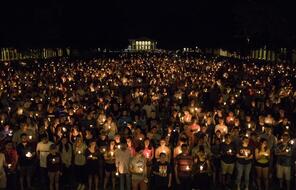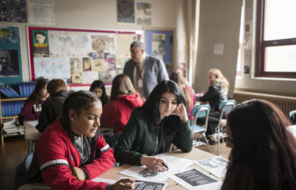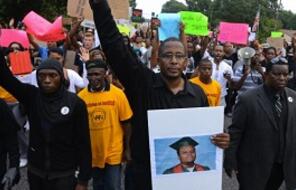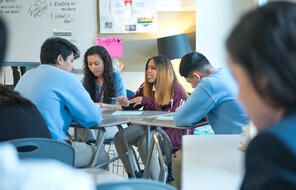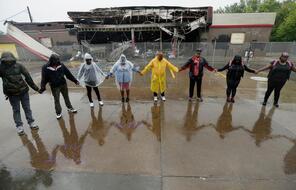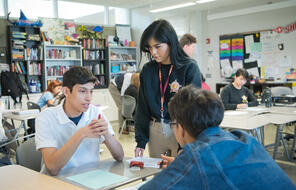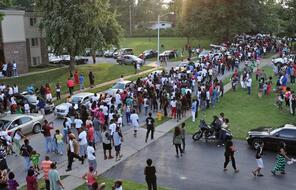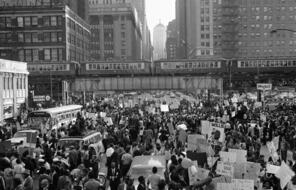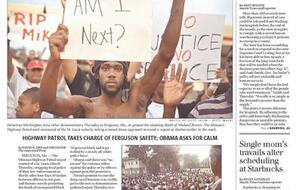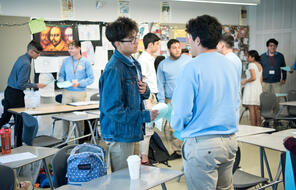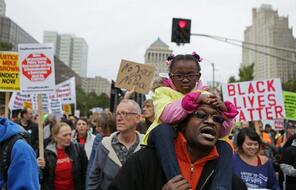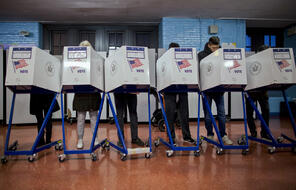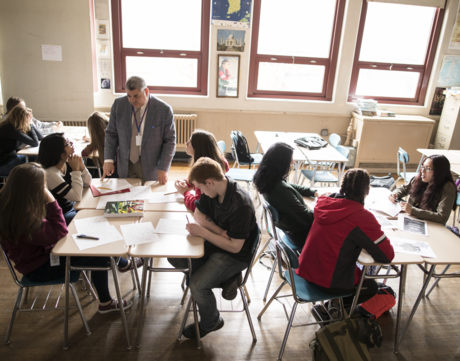
After Charlottesville: Contested History and the Fight against Bigotry
Duration
One 50-min class periodSubject
- Civics & Citizenship
- History
Grade
6–12Language
English — USPublished
Overview
About This Lesson
American history, especially the public memory of the Civil War, played a central role in the debates following the episodes of racism, antisemitism, and violence that occurred in Charlottesville, Virginia, on August 11 and 12, 2017. These debates are not new.
Beliefs about the history of race, slavery, and the Civil War and Reconstruction are deeply held in the United States, whether or not they are consistent with the evidence presented by historians specializing in these topics. These histories have had a powerful influence on American politics since the Civil War, and beliefs about the past have inspired acts of terror and violence, as well as individual participation and social movements dedicated to justice, equality, and democracy.
The conflict over the public memory of the Civil War in the United States raises profound questions about the relationship between history and the possibility of democracy, and about how our memory of the past influences our choices and beliefs in the present. This lesson invites students to think deeply about these questions by examining responses to a 2015 incident of violence and terror—when a white supremacist murdered nine African American worshipers in a South Carolina church. While recent debates have focused on the appropriateness of monuments to Confederate generals and politicians in our public spaces, the debate in 2015 centered on the meaning of another powerful symbol from the Civil War era: the Confederate battle flag.
Preparing to Teach
Lesson Plans
Activities
Extension Activities
Materials and Downloads
Resources from Other Organizations
Additional Resources
Unlimited Access to Learning. More Added Every Month.
Facing History & Ourselves is designed for educators who want to help students explore identity, think critically, grow emotionally, act ethically, and participate in civic life. It’s hard work, so we’ve developed some go-to professional learning opportunities to help you along the way.
Exploring ELA Text Selection with Julia Torres
On-Demand
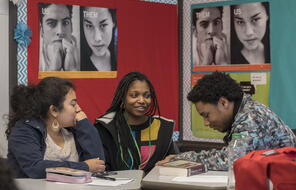
Working for Justice, Equity and Civic Agency in Our Schools: A Conversation with Clint Smith
On-Demand
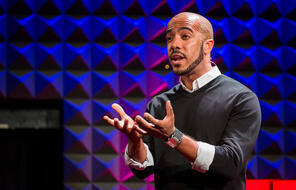
Centering Student Voices to Build Community and Agency
On-Demand
